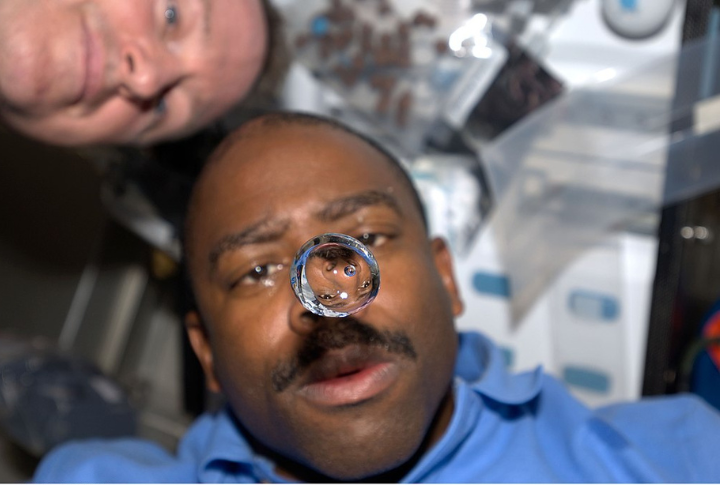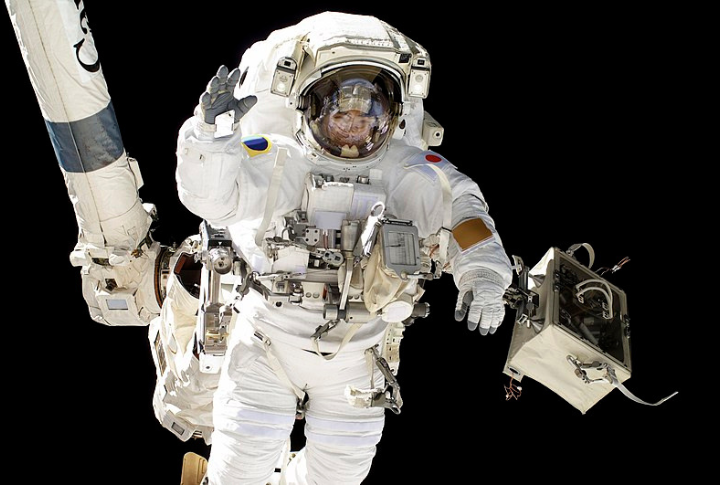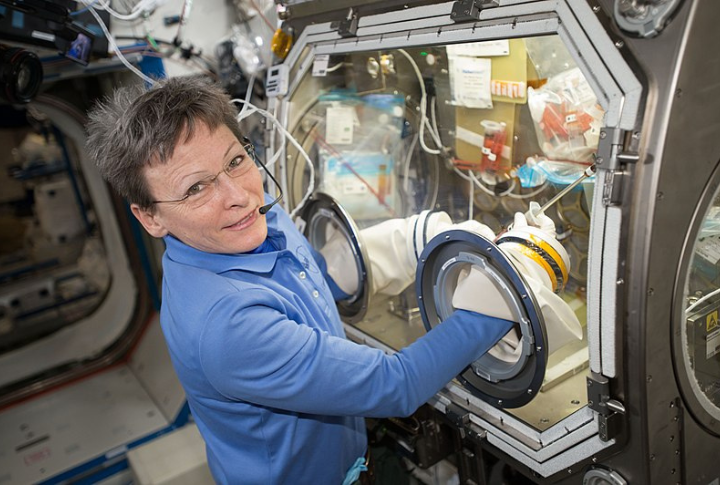Education
10 Surprising Realities Of Life Aboard The International Space Station

Living in a space station among the stars and admiring your home planet from afar—sounds exhilarating, right? Well, for astronauts, it’s already a second home. Beyond the cosmic views and spacewalks, do you know what life feels like in microgravity? Let’s find out about the experience of those who have spent months inside the International Space Station.
Water Doesn’t Pour, It Floats

Have you ever tried to sip a drink and had it hover in midair? On Earth, liquid flows, but on the ISS, they form floating blobs that drift until captured. Without gravity, water clings to surfaces, your skin, anything. Astronauts use straws with valves to sip, never to spill.
Your Body Changes In Weird Ways

In zero gravity, your body undergoes strange transformations, some reversible, some not. Your spine stretches. Your muscles shrink. Your face puffs up. Astronauts’ heights may increase by two inches, but their bones thin out over time. That’s why space travelers train hard for survival, not just fitness.
Sleeping Feels Like Floating In A Dream

You’ll be drifting weightlessly with your body completely relaxed. There will be no mattress or pillow, just you—zipped inside a sleeping bag attached to the wall. There will also be no tossing and turning around. Some astronauts love it, but others find it eerie.
The Toilet Situation Is Complicated

Gravity makes using the toilet simple. Without it, things get tricky. Suction-powered space toilets ensure waste doesn’t float away, and astronauts must align perfectly with the opening. It’s like a precision operation where mistakes can be quite messy. There’s even a separate toilet for solid and liquid waste, but no room for error!
Food Tastes Different (And It’s Not Great)

Your favorite meal won’t taste the same in space. Microgravity redistributes fluids in your body, which clogs your sinuses and dulls your taste buds. This makes everything seem bland. That’s why many astronauts crave strong flavors. When salt and pepper come in liquid form, you know things are different.
Spacewalks Are Terrifyingly Beautiful

Strap in, open the hatch, and step into the void. A spacewalk is both exciting and terrifying—you’re floating alone, tethered only by a thin cord. Below, Earth spins silently. Above, endless vastness. You’re just a speck in the universe, completely exposed. It’s the most surreal view a human can have.
Your Sense Of Time Gets Messed Up

Your internal clock doesn’t stand a chance against sixteen sunrises and sixteen sunsets every single day. Mission schedules dictate when you sleep and wake, but your body protests. The lines between morning, afternoon, and night blur until time feels meaningless. Eventually, you adjust. But at first, it’s disorienting.
You Can’t Smell Space, But Your Spacesuit Can

Let’s say you just stepped inside after a spacewalk. The airlock hisses shut, and suddenly, a strange scent like burnt metal or welding fumes lingers. Astronauts don’t smell space directly, but their suits and equipment carry its odd metallic aroma. It’s a mystery scientists still don’t fully understand.
Communication With Earth Isn’t Instant

When you talk to mission control, there’s a delay. It’s not like a normal phone call—sometimes, you wait several seconds before a response. The farther you are, the longer it gets. Deep space travel will make real-time conversation impossible. For now, astronauts just get used to the awkward pauses.
Microgravity Brings A Constant Fall Feeling

How do you feel when a roller coaster is dropping with you in it? Now, imagine that sensation lasting for months. In space, your inner ear, which controls balance, gets confused without gravity’s pull. At first, astronauts feel dizzy and disoriented, and even motion sickness may set in. Eventually, their brains adjust.

